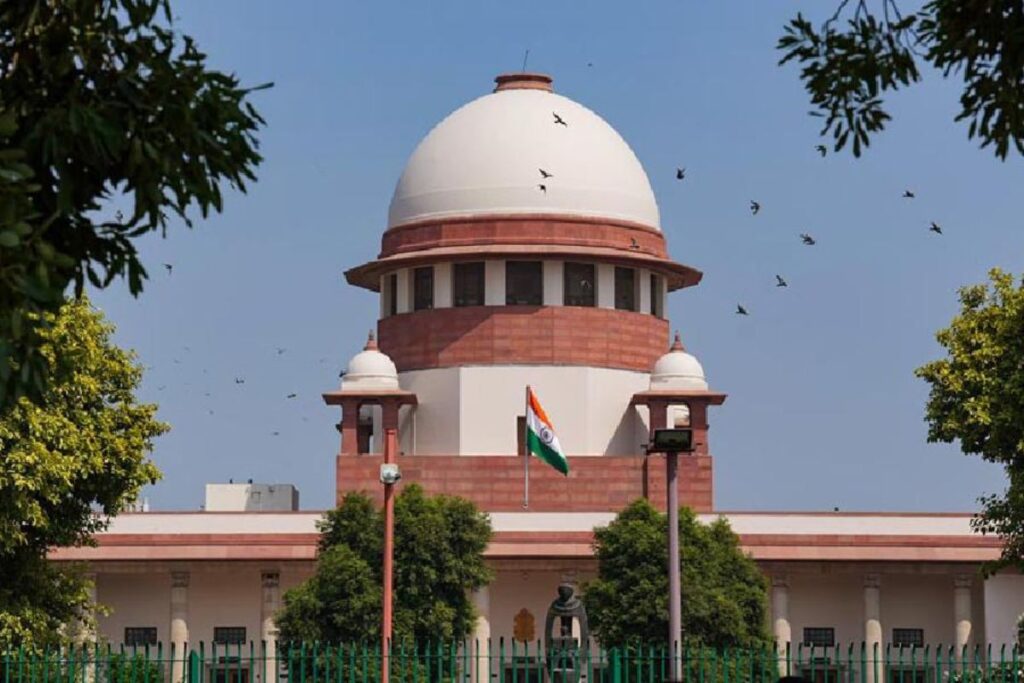Nithyakalyani Narayanan. V
On January 3, the Supreme Court established a series of Standard Operating Procedures (SOPs) that broadly address when a government official may be called to court, the protocol that should be followed in this case, and the court’s required conduct towards the official.
The Court has further mandated that all courts adopt their own set of guidelines to control government officials’ court appearances in addition to adhering to these SOPs.
The ruling was made in response to a case in which the Allahabad High Court filed contempt against the government for neglecting to notify the court of the regulations governing “Domestic Help to Former Chief Justices and Former Judges of the Allahabad High Court.” The Union government created its own SOP in August 2023 to allow government representatives to appear in court in their official capacities.
Highlights from the SC SOP include the following-
- Government representatives may only be called upon to testify in summary proceedings or non-adversarial proceedings involving complicated policy concerns. If not, they might be required to provide an affidavit.
- Government representatives may only be ordered to appear in person if the court determines that particular material is either purposefully withheld or not disclosed, or if the truth is being obfuscated or misrepresented.
- The court should not order an official’s presence simply because the official’s position in the affidavit differs from the court’s view.
- In exceptional cases where the court requests an official’s personal appearance, video conferencing should be the first choice.
- The court may order the personal presence of government officials only if it believes that specific information is not being provided or is being withheld intentionally, or if the correct position is being suppressed or misrepresented.
- Should government representatives be called, the court should reserve a specific window of time for the case requiring the official’s in-person attendance.
- No standing is required of government representatives during the hearing. Only when an official is replying to or making statements in court should standing be necessary.
- The court must refrain from making spoken comments that could be construed as demeaning to the official during proceedings.
- The court must also refrain from commenting on the appearance, educational background, or social position of the official who is appearing before it.
- Courts need to foster a respectful and professional atmosphere. Unless there is a clear infraction of the dress code that applies to their position, remarks regarding the attire of the official appearing before the court should be avoided.
- In order to guarantee a prudent and equitable procedure, the court should use prudence and constraint when launching contempt proceedings.
Name of the case: The State of Uttar Pradesh & Ors. vs. Association of Retired Supreme Court and High Court Judges at Allahabad & Ors.
Bench: Chief Justice of India DY Chandrachud.


